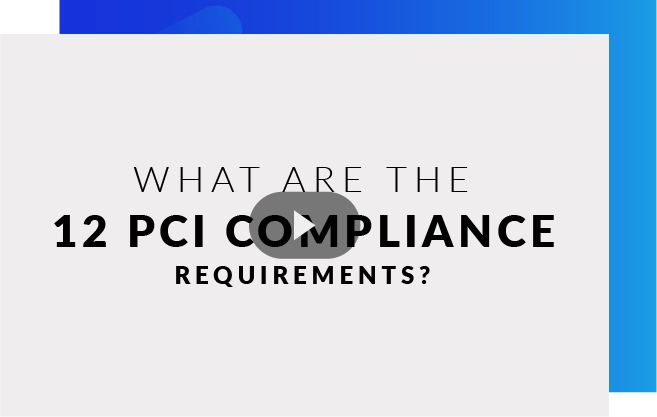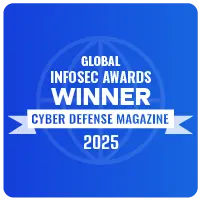What Is PCI-Compliant Hosting?
PCI-compliant hosting is a web hosting solution that meets the security standards known as the PCI DSS (Payment Card Industry Data Security Standard) set by the Payment Card Industry Security Standards Council. Every merchant that accepts credit cards must abide by these standards and implement policies and procedures to ensure compliance with PCI standards. PCI Compliance is all about protecting financial data, and specifically, the way that merchants process card payments, transmit payment data, and how they digitally store transaction records. The Payment Card Industry Security Standards Council is an alliance of major credit card companies in charge of the standards required to meet this requirement.
This is part of an extensive series of guides about compliance management.
PCI Hosting Services and Solutions by Atlantic.Net
PCI Hosting by Atlantic.Net™ is SOC 2 and SOC 3 certified, designed to secure and protect critical health data, audited by a qualified and an independent third-party CPA firm. If your company requires PCI-DSS compliance (Payment Card Industry Data Security Standard), Atlantic.Net's managed security and compliance hosting services coupled with our Cloud Platform and Dedicated Hosting will provide you the easy button to help achieve and exceed your credit card industry PCI compliance requirements!
With our expanded network capacity and hardened data centers, your business will be able to achieve the uptime and cyber-security requirements for PCI compliance. You can meet your customers' needs and accept online payments while maintaining PCI compliance and reducing your overall cost. Gain the competitive advantage you need with ease with our PCI-Compliant Hosting, backed by a 100% SLA.









